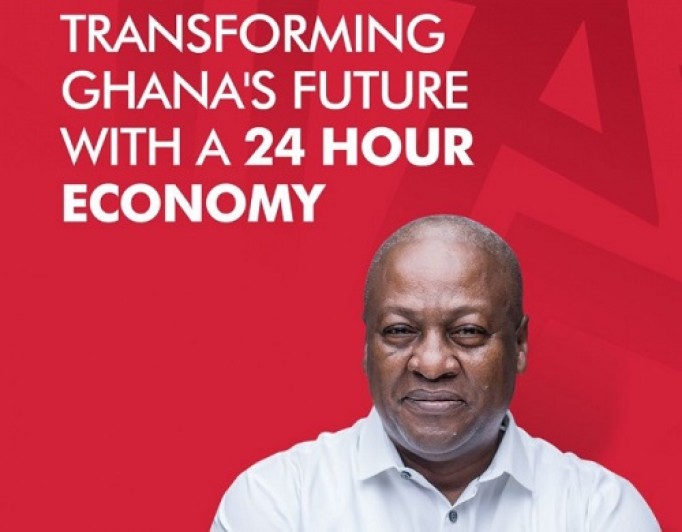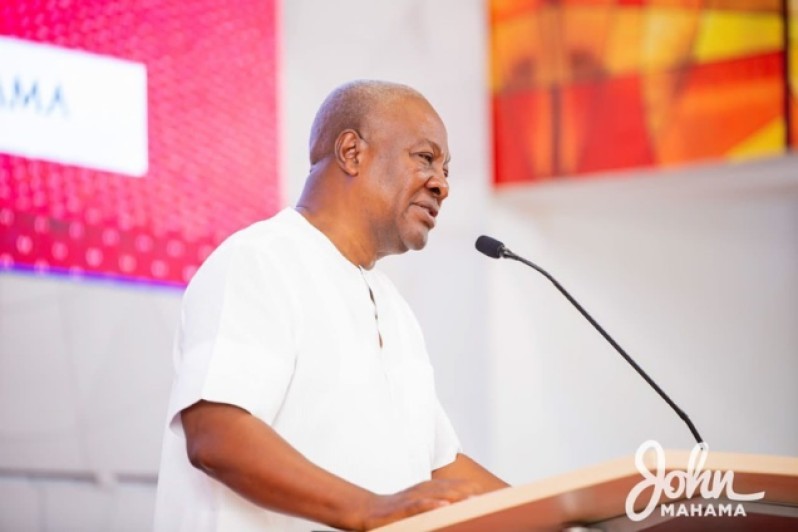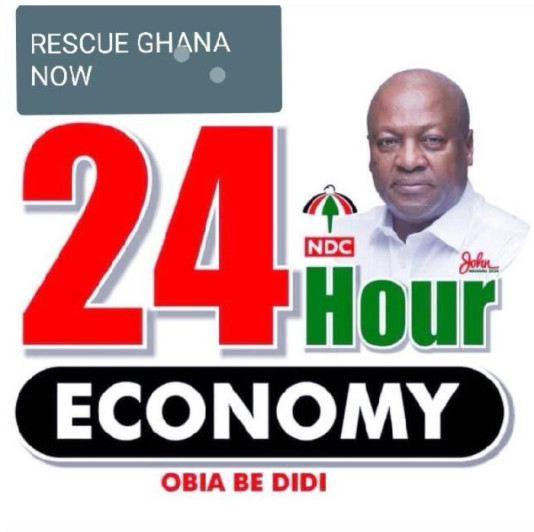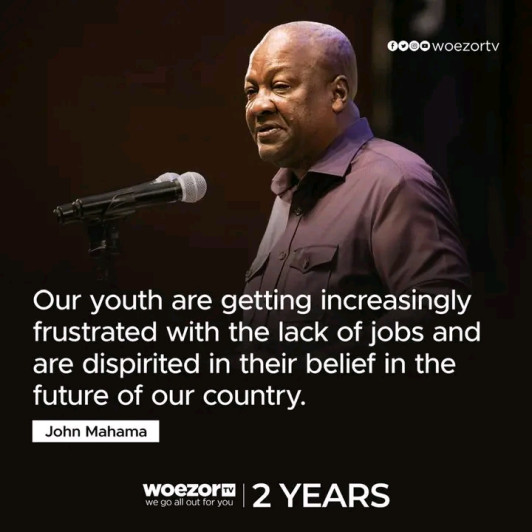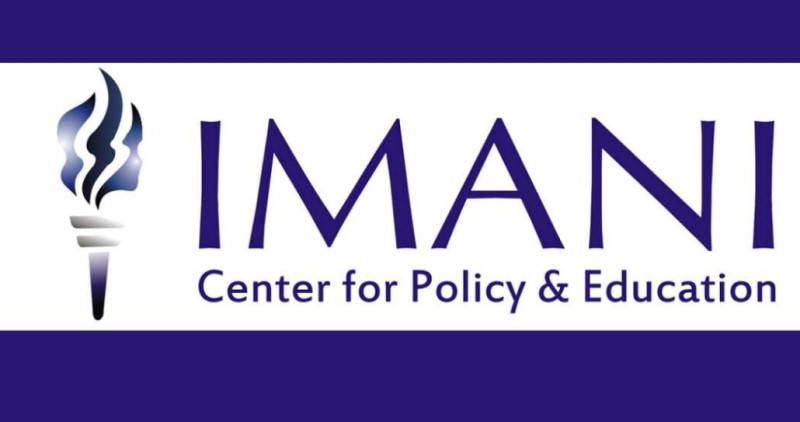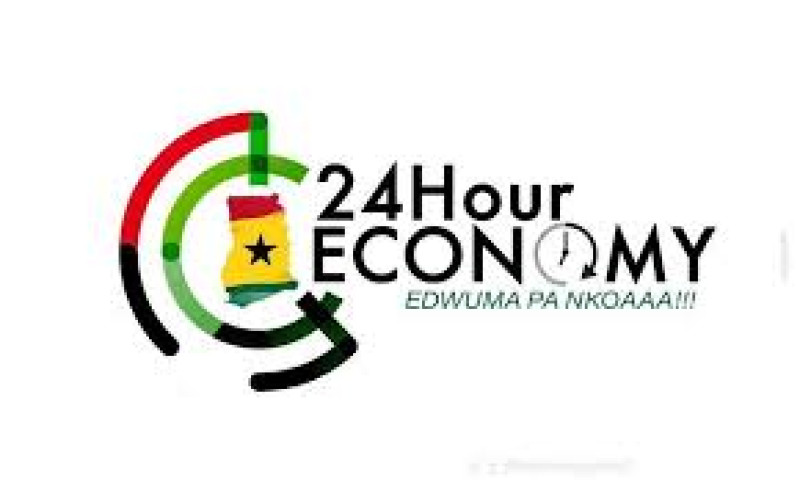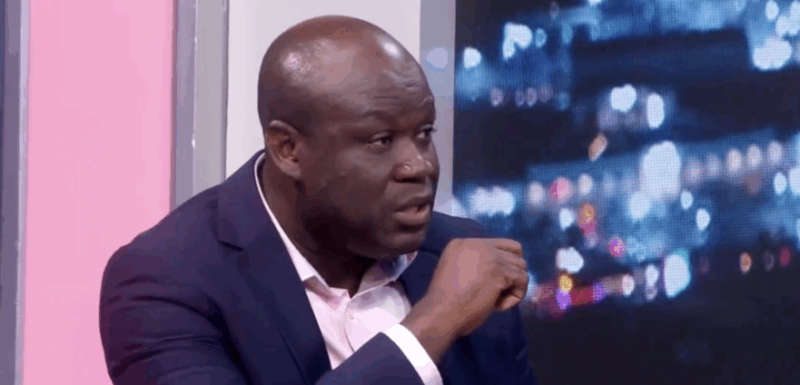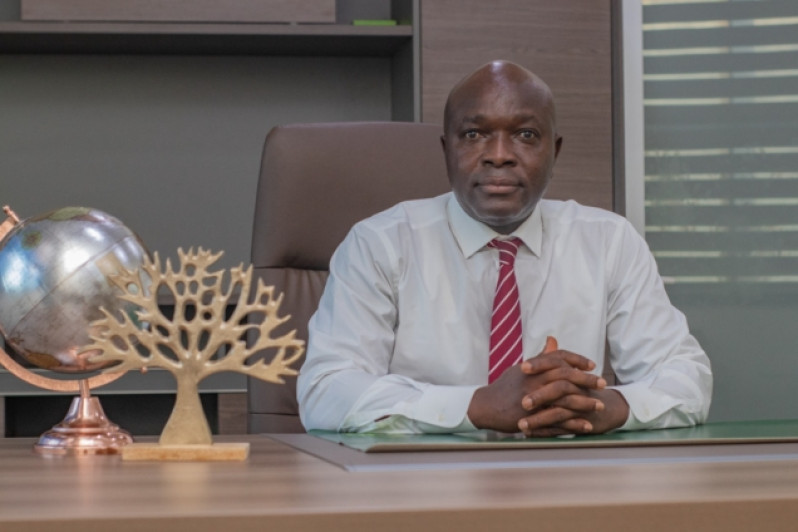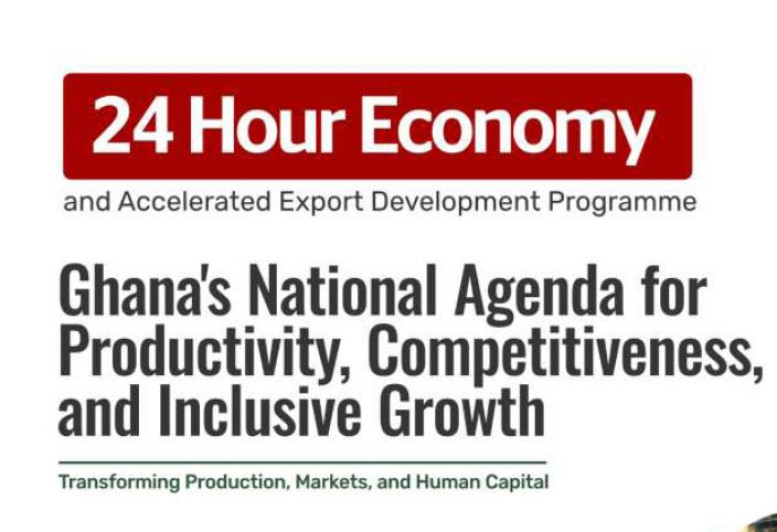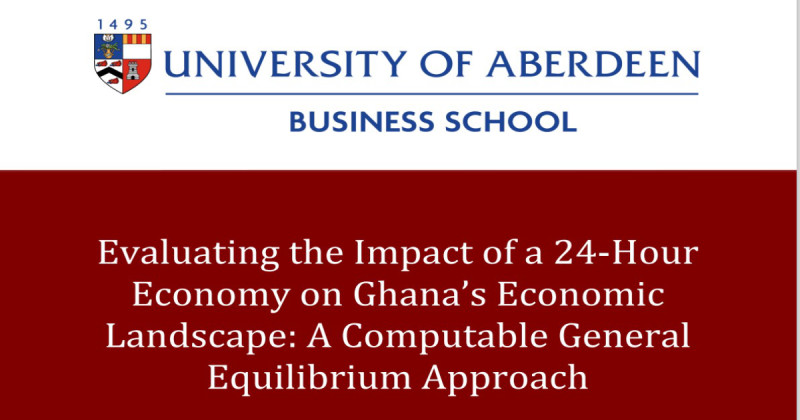
Impact of a 24-Hour Economy on Ghana's Economic Landscape
Dr. Yakubu Abdul-Salam
Associate Professor of Economics University of Aberdeen, Business School Office, S63 Edward Wright Building, Dunbar Street, Old Aberdeen, AB24 3QY, Scotland, UK Corresponding author: y.abdul-salam@abdn.ac.uk
Introduction
The National Democratic Congress (NDC), Ghana’s leading opposition political party, has unveiled an ambitious economic strategy ahead of the country’s forthcoming general elections in 2024.
This strategy, known as the ‘24-hour economy’ policy,’ seeks to transform Ghana’s economy by stimulating selected sectors to ‘operate 24/7, preferably in a three-shift system of 8 hours each’(see Citi New Room, 2023).
The goal behind the policy is to enhance productivity, bolster competitiveness and cultivate sustainable high-paying jobs in Ghana.
The broad contours of the NDC’s proposed ‘24-hour economy’ policy for Ghana have been clearly outlined in the above cited party FAQ document and in various public engagements by the party’s flagbearer and former president John Dramani Mahama (see JohnMahama.org, 2023). However, the formulation of certain aspects of the policy is currently being developed.
The NDC has pledged to produce a comprehensive blueprint for implementing the ‘24-hour economy’ policy upon their potential ascent to power in 2025. Additionally, there are plans to enact an employment act that will define and delineate the regulatory framework of the policy.
The concept of a ‘24-hour economy’ is in itself not novel, as numerous advanced countries, including the United States, United Kingdom, Germany, France and Australia have successfully implemented the policy in various forms (see for example the UK Office for National Statistics, 2023; New South Wales Government, 2023).
In the African context, Kenya is contemplating the adoption of the policy (see Kenya Government, 2021). The announcement of the ‘24-hour economy’ policy by the NDC has generated much discourse across the social, economic and political landscape in Ghana.
Notably however, there has been 4 a conspicuous absence of an empirical analysis of the policy to evaluate its potential economic impact. Such an analysis is essential to inform and guide public debate.
This paper evaluates the potential impact of the NDC’s proposed policy on Ghana’s economy. The paper employs a sophisticated computable general equilibrium (CGE) model framework that is designed to yield a systematic assessment of the policy’s effects on the whole of the Ghanaian economy.
The findings presented here provide some useful insights that would hopefully inform and guide the debate around the proposed policy on Ghana’s economy. The structure of the remainder of this paper is outlined as follows:
Section 2 presents the methodology, providing a description of the CGE model utilised in this study, along with an explanation of the underlying scenarios and mechanisms that guide its application.
In Section 3, the paper discusses the data sources used. Section 4 presents the results derived from the CGE model, highlighting the key findings of the study.
This is followed by Section 5, where a discussion of these results is provided, offering further insights and interpretations.
Finally, Section 6 serves as the conclusion of the paper, summarising the main outcomes and providing concluding remarks that encapsulate the essence and implications of this study.
For Details go here Download the details from here
Disclaimer: "The views expressed on this site are those of the contributors or columnists, and do not necessarily reflect 24houreconomy.org’s position. 24houreconomy.org will not be responsible or liable for any inaccurate or incorrect statements in the contributions or columns here."
Share On Social Media
Other Stories
24-Hour economy policy a major improvement on past fragmented initiatives – IMANI Africa
1D1F programme cancelled, replaced with 24-Hour Economy – Minister
24-Hour Economy without cheaper power and credit is a mirage – GNCCI Boss
24-Hour Economy policy: Game-changer that needs flawless execution
The Fundamental Challenges to be addressed by the 24-Hour Economic Policy by the Government
Farmers should not worry about machines – Mahama on Agricultural Reforms
Akufo-Addo’s actions were so loud, Ghanaians couldn’t hear Bawumia’s policies- NPP MP
Mahama reiterates commitment to maintain opened door policy towards Minority parties
‘A difficult journey ahead’ – President-elect Mahama vows to rescue Ghana from the economic woes
24-HOUR ECONOMY
Economy


